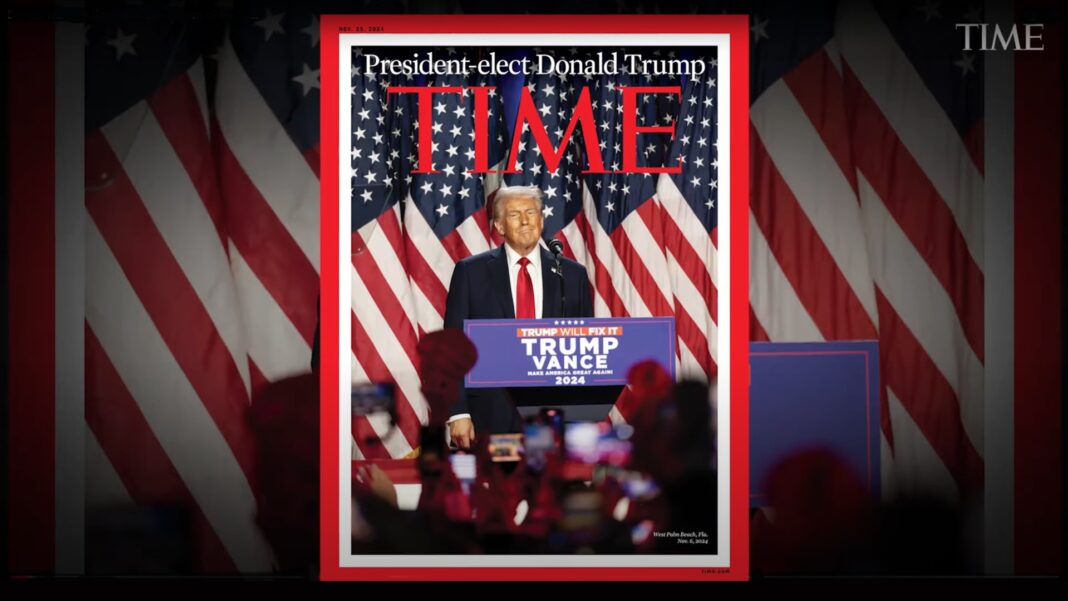Power, Intimidation and the Resurrection of Trump’s Support for Hegseth
The president-elect became convinced that letting Pete Hegseth fail would set off a feeding frenzy among senators. What followed was a MAGA swarm that helped salvage his bid, at least for now.
Just last week, Pete Hegseth was twisting in the wind.
President-elect Donald J. Trump’s choice to lead the Pentagon was battered by damaging headlines: Drinking. Extramarital affairs. An allegation of sexual assault, which he denied.
Republican senators — emboldened after tanking Mr. Trump’s first choice for attorney general, the scandal-ridden Matt Gaetz — were going public with their concerns. Mr. Trump was getting sick of hearing about it all, and he told confidants he was serious about picking Gov. Ron DeSantis of Florida to replace him.
But within 48 hours,Mr. Trump had changed his mind. He was going to see if Mr. Hegseth could survive.
People close to the president-elect had been telling him that this was a moment that would test his power as he prepared to return to Washington. It would be catastrophic, they argued, if he allowed Republican senators, like Joni Ernst of Iowa, to obstruct his mandate.
This was about something more than Mr. Hegseth, they said.
The sequence that followed — resuscitating Mr. Hegseth in less than a week from dead man walking to a man with a real shot of being confirmed by the Senate — was a test case of power and intimidation in the Trump era.
It was a reminder of Mr. Trump’s ability to summon an online swarm, even while spending minimal personal capital of his own. It showed that he has at his disposal a powerful movement, which jumped into action once his desires became clear. And it highlighted the role of Elon Musk, who has bottomless wealth to enforce Mr. Trump’s desires.
This article is based on interviews with nearly a dozen people who have direct knowledge of how and why Mr. Trump salvaged Mr. Hegseth’s bid, at least for now. They spoke on the condition of anonymity to describe a confidential process with the president-elect.
By Jonathan Swan and Maggie Haberman





